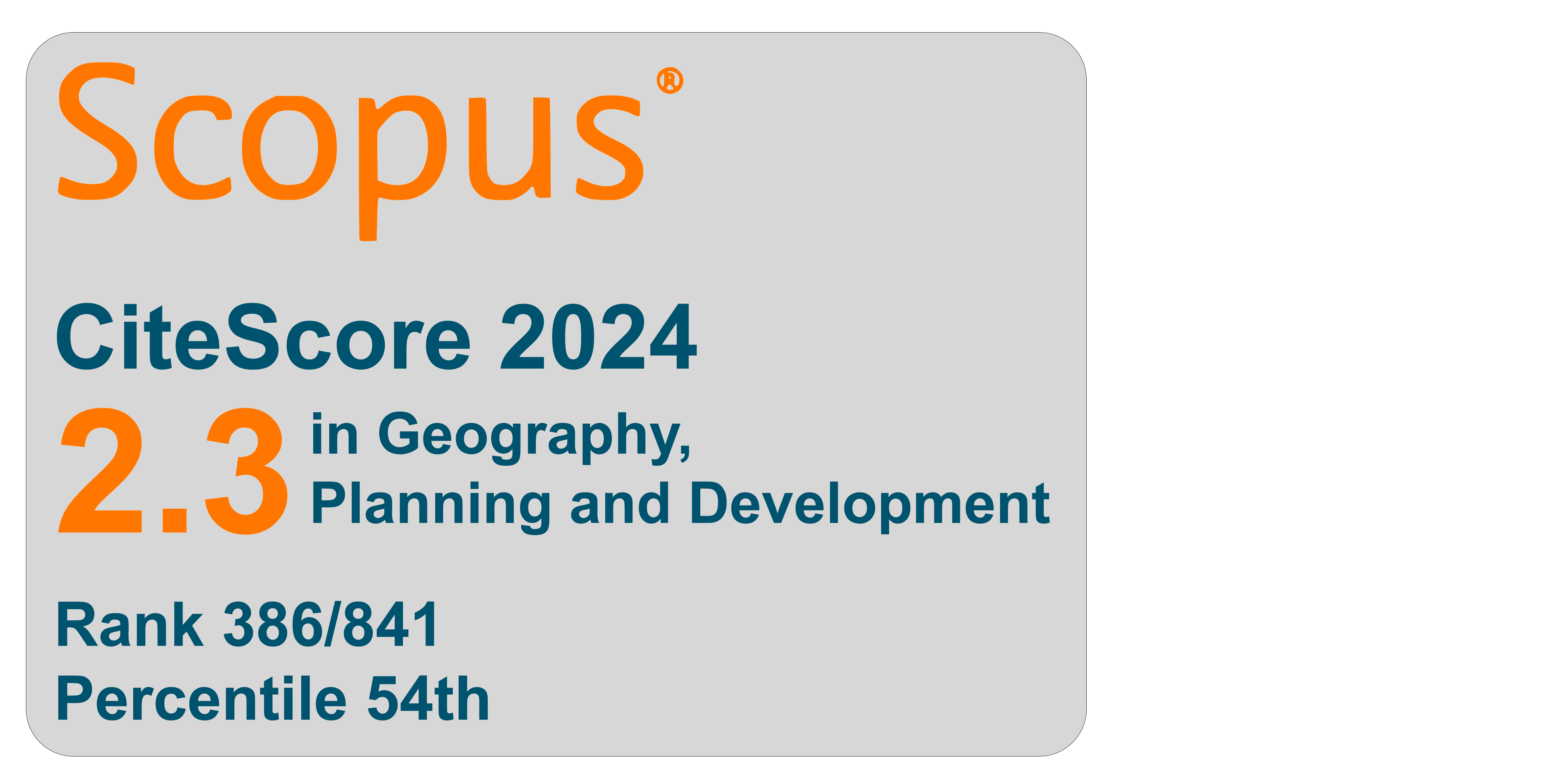Project role for climate change in the urban regeneration. Reinventing cities winning projects in Milan and Rome
DOI:
https://doi.org/10.6092/1970-9870/7158Keywords:
Climate change, Urban regeneration projects, Metropolitan cities, Reinventing citiesAbstract
The effects of the climate change employ a strong impact on the city and on the inhabitants, in fact the risk appears to be particularly clear in the metropolis. The urban setting fulfils a leading role in the consequences on the climate situation and the cities turn out to be the mainly responsible for the emissions of pollutants. In this situation the urban regeneration, as an opportunity to operate on the city’s “wounds” through an accurate plan, tries to improve the reactions of the urban territory even in terms of environmental sustainability. Becomes particularly important summarising the different kinds of knowledge of the various disciplines to assure the management of complex processes, like those of the transforming city that need a new way to intervene in the urban project. The urban regeneration is a “multidisciplinary container” that can efficaciously face the needs of the territory, a way to obtain the urban quality. The Italian metropolis manifest the will to align to the international expectations through the implementation of targeted urban regeneration built-in programs. The Reinventing Cities projects present solutions attributable to those typological features necessary by now in the sustainable urban regeneration projects, showing vision of a renewed architectural projects.
Downloads
Downloads
Published
How to Cite
Issue
Section
License
Copyright (c) 2020 Veronica Strippoli

This work is licensed under a Creative Commons Attribution-NonCommercial 4.0 International License.



